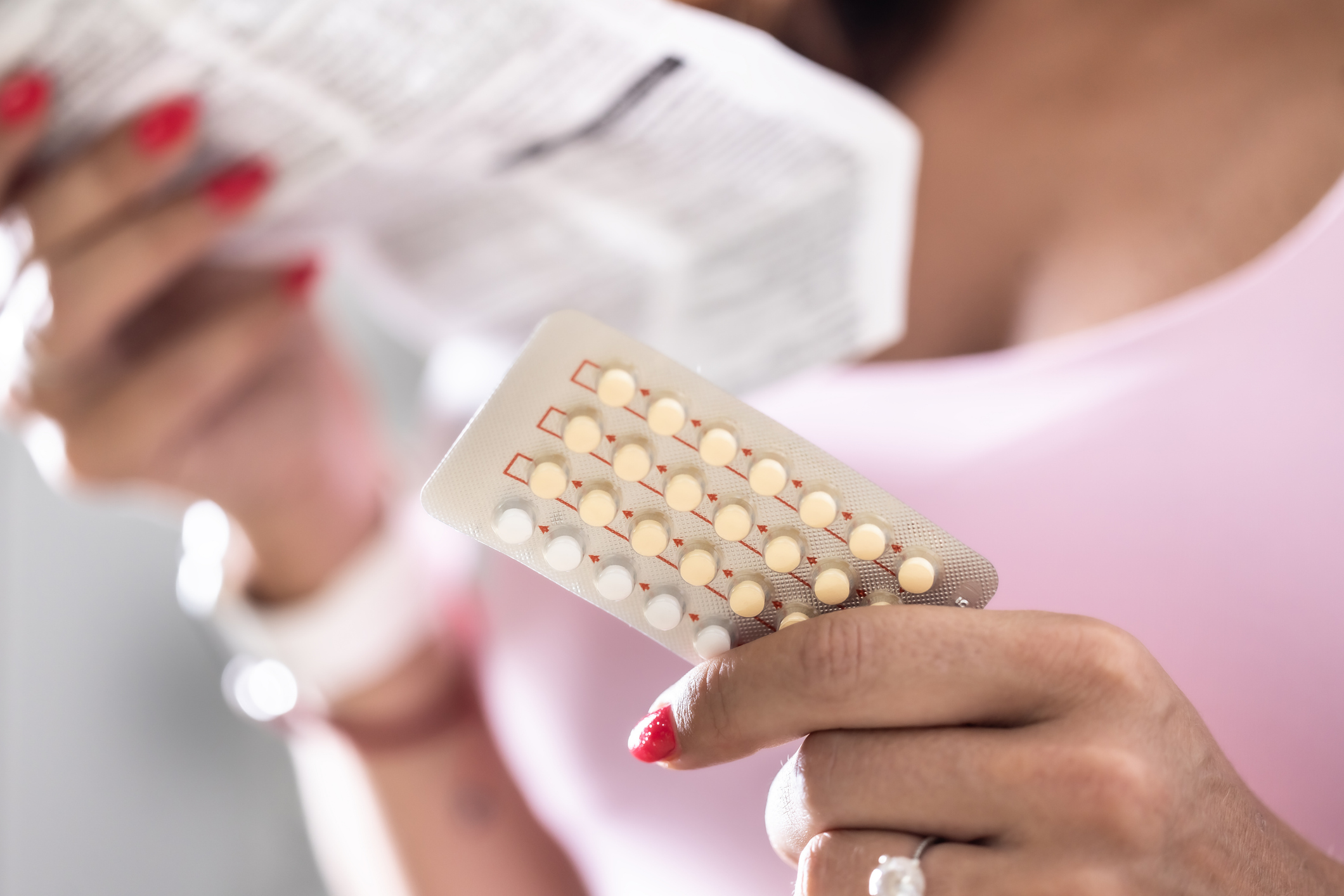
Ever feel like you're coming down with something...nausea, chills, fatigue, only to realise your period is a few days away? You’re not imagining it. What many call the “period flu” or a “hormone crash” is a real phenomenon driven by dramatic hormonal shifts and inflammatory processes.
What Is a Hormone Crash?
In the second half of your cycle (the luteal phase), oestrogen and progesterone rise to prepare your body for a potential pregnancy. But if fertilisation doesn’t happen, both hormones drop sharply, especially in the final 1–3 days before your period. This hormonal withdrawal impacts:
What Is “Period Flu”?
A hormone crash is also often experiences as “period flu”, which isn’t a real virus. It’s a nickname for a cluster of flu-like symptoms that some women experience before menstruation, often associated with PMS or even PMDD:
Common Symptoms:
These are largely caused by high prostaglandins, inflammatory cytokines, and hormonal shifts.
And have you asked yourself or "google" any of these questions? You're definitely not alone:
Why Am I Nauseous Before My Period?
Blame it on prostaglandins, hormone-like chemicals that help the uterus contract to shed its lining. When prostaglandins overflow into the bloodstream, they can trigger digestive muscles and nausea receptors. Low oestrogen and progesterone may also interact with serotonin and dopamine, worsening nausea and mood dips.
Why Do I Feel Cold or Weak Before My Period?
Falling progesterone lowers your body temperature. Oestrogen and thyroid hormone also influence thermoregulation so when they fluctuate, you may feel unusually cold or drained.
What can you do about it?
To help manage the symptoms of a hormone crash or period flu, here are evidence-informed strategies across lifestyle, dietary, and medical approaches:
Nutrition Support
Lifestyle & Self-Care
Medical Support
Track & Prepare
When should I see a professional?
If your symptoms are severe, last longer than a few days, or interfere with daily life, this could point to PMDD, endometriosis, or other hormone-related conditions. Seek support from a women's health specialist.
The premenstrual phase can feel like a full-body meltdown but with the right knowledge and tools, you can reduce the blow of the hormone crash. Track your cycle, nourish your body, and don’t hesitate to seek help if the crash becomes a crash landing. Head to our appointments page to book an appointment with our women's health nutritionist Viviana.